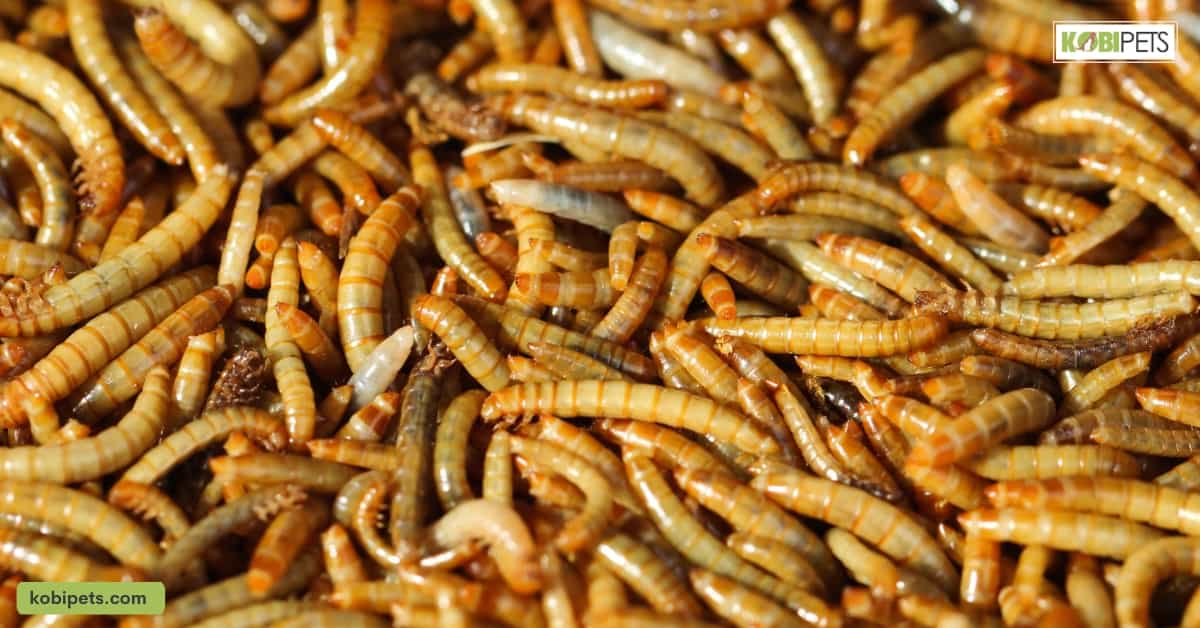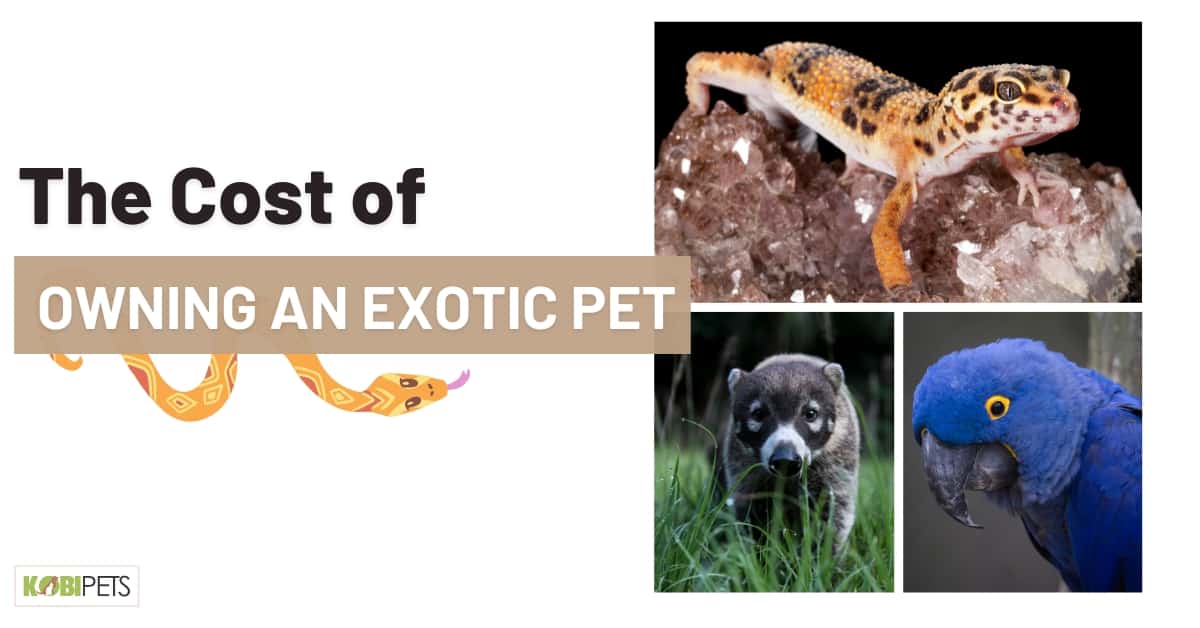
Owning an exotic pet can be a rewarding experience, but it is important to consider all of the costs associated with properly caring for one. From cages and habitats to veterinary visits, vaccinations, food, and legal considerations – make sure you are prepared before taking on the responsibility of owning an exotic pet.
From housing and veterinary costs to specialized diets, legal considerations, and the time involved in training and socializing your pet, this article will cover all of the financial aspects of owning an exotic animal.
Understanding the Cost of Owning an Exotic Pet
Owning a pet is a choice that should not be taken lightly as even conventional animals can come with significant costs and responsibilities. Exotic pets are no different, and owners of these highly unusual pets must be aware of the unique financial considerations that accompany ownership.
These animals often require specialized housing, food, medical supplies, and veterinary care, in addition to the usual expenses associated with all types of pets such as flea prevention and toys.
While exotic pets can provide immense enrichment and joy to the lives of those who own them, prospective owners should understand the cost—financial and otherwise—before making such an important commitment.
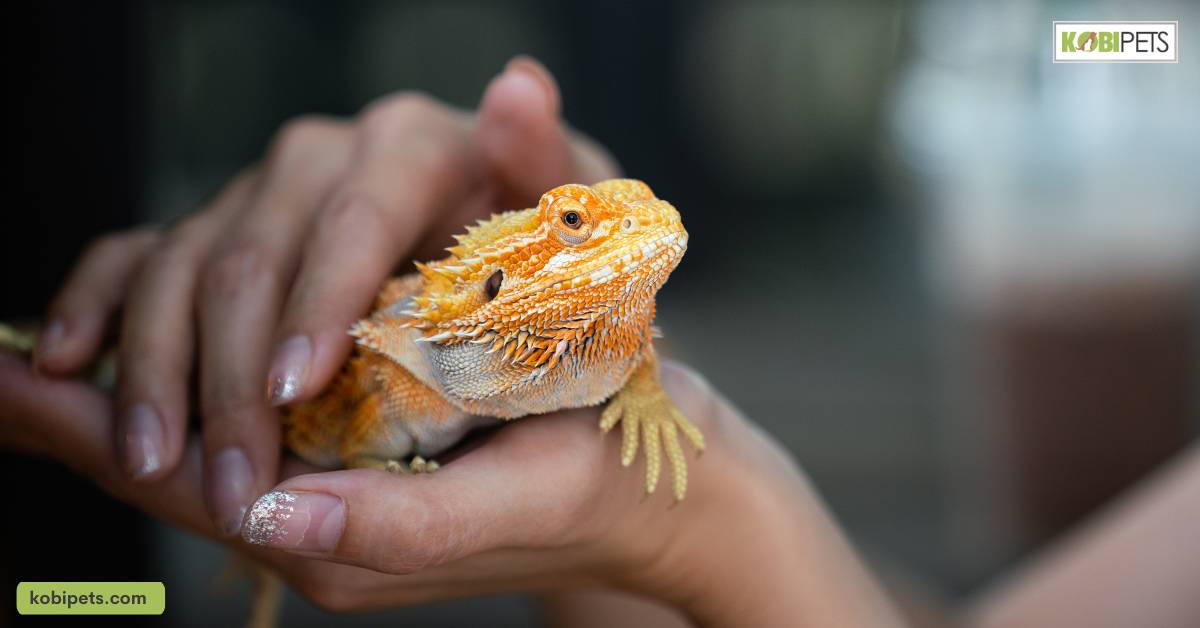
Housing Costs
Requirements for Housing and Other Supplies
Owning an exotic pet can be a big responsibility and can also be quite costly. Here are some general requirements for housing and supplies for exotic pets:
- Proper cage or enclosure: The cage or enclosure for your exotic pet should be large enough for them to move around comfortably, and should be secure to prevent escape. The cage should also be able to maintain the appropriate temperature and humidity for the specific species.
- Food and water: Exotic pets have specific dietary needs, so you’ll need to make sure you can provide the appropriate food and water. Some exotic pets may require special diets or supplements.
- Lighting: Many exotic pets require specific lighting conditions, such as UVB lighting for reptiles.
- Substrate: You’ll need to provide a suitable substrate or bedding for your exotic pet to live on, such as sand, gravel, or moss.
- Heating and cooling: Some exotic pets require specific temperatures to thrive, so you’ll need to provide heating and cooling as necessary.
- Additional supplies: Depending on the species of exotic pet, you may need additional supplies such as a heat lamp, thermometer, humidity gauge, or water filtration system.
- Vet costs: Exotic pets may require more vet care than traditional pets, so it’s important to factor in the cost of vet visits and treatments.
- Insurance: You should consider having insurance for your exotic pet, in case of injury or illness.
Overall, the cost of owning an exotic pet can vary greatly depending on the species and the specific needs of the animal. It’s important to research the specific needs of the species you’re interested in and to budget accordingly.
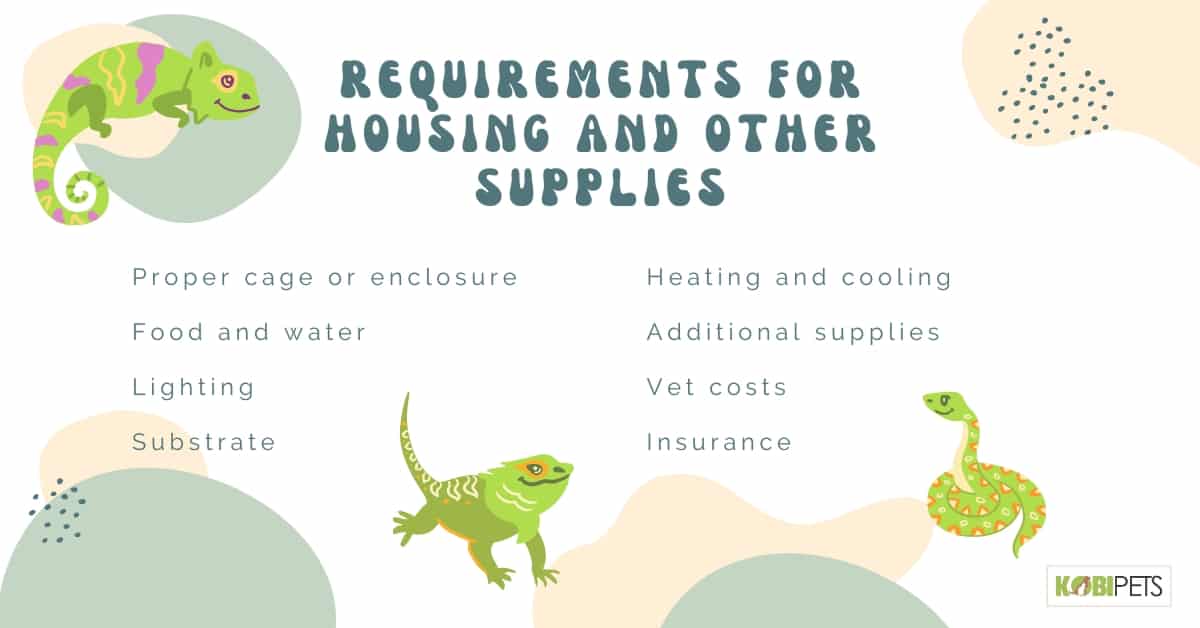
Requirements for Housing and Other Supplies
Average Price Range for Cages, Habitats, Etc.
Investing in a cage, habitat, or other housing structure for your small pet can seem like a daunting task. But with an understanding of the average price range for these items, you will be more informed when making decisions about which housing option best suits your needs and budget.
- Cages
Small cage (for a small bird or reptile): $50-$150
Medium cage (for a medium-sized bird or reptile): $150-$300
Large cage (for a large bird or reptile): $300-$500
- Habitats
Aquarium (for fish or amphibians): $50-$500
Terrarium (for reptiles or arachnids): $50-$300
Vivarium (for small mammals or insects): $50-$200
- Accessories
Lighting and heating equipment: $20-$100
Substrate (such as bedding or sand): $10-$50
Feeding and watering equipment: $10-$50
Toys and enrichment items: $5-$20
Please note that this is just a rough estimate and depending on the type of exotic pet you want to own the costs will vary. It’s always best to do proper research before buying any exotic pet.
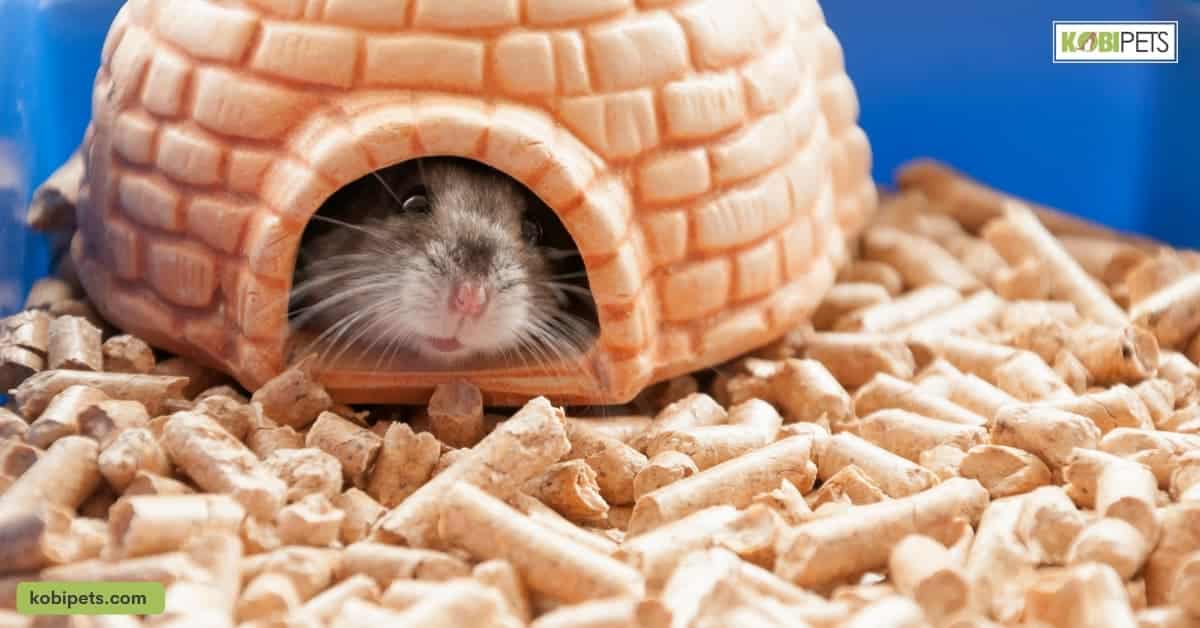
Veterinary Care
When it comes to caring for our animal friends, veterinary care is of the utmost importance. With the right combination of prevention, diagnosis, and treatment, vets are trained to provide the highest quality of service available when it comes to keeping their furry companions healthy.
From vaccinations and spaying/neutering services to diagnostic testing and dental cleanings, pets will have access to the full spectrum of necessary care. Take comfort in knowing that your beloved pet is getting the professional medical attention they need from one of the many trusted veterinarians found throughout the world.

Veterinary Visits
The cost of veterinary visits when owning an exotic pet can vary depending on a variety of factors, including the species of the pet, the location of the veterinarian, and the services required.
Here is a rough breakdown of some typical veterinary costs for exotic pets:
Initial exam: $50-$100
Vaccinations: $25-$50 per vaccination
Blood work: $100-$200
X-rays: $100-$300
Ultrasound: $200-$500
Surgery: $500-$5000
Emergency visit: $100-$500
Annual check-up: $50-$100
It’s important to note that exotic pets may have specific needs and may require more specialized care which may make the cost more expensive. Also, owning an exotic pet may require more frequent visits to the vet than a traditional domestic pet.
Therefore, it’s crucial to consider the cost of veterinary care before getting an exotic pet and to have a budget set aside for emergency cases.
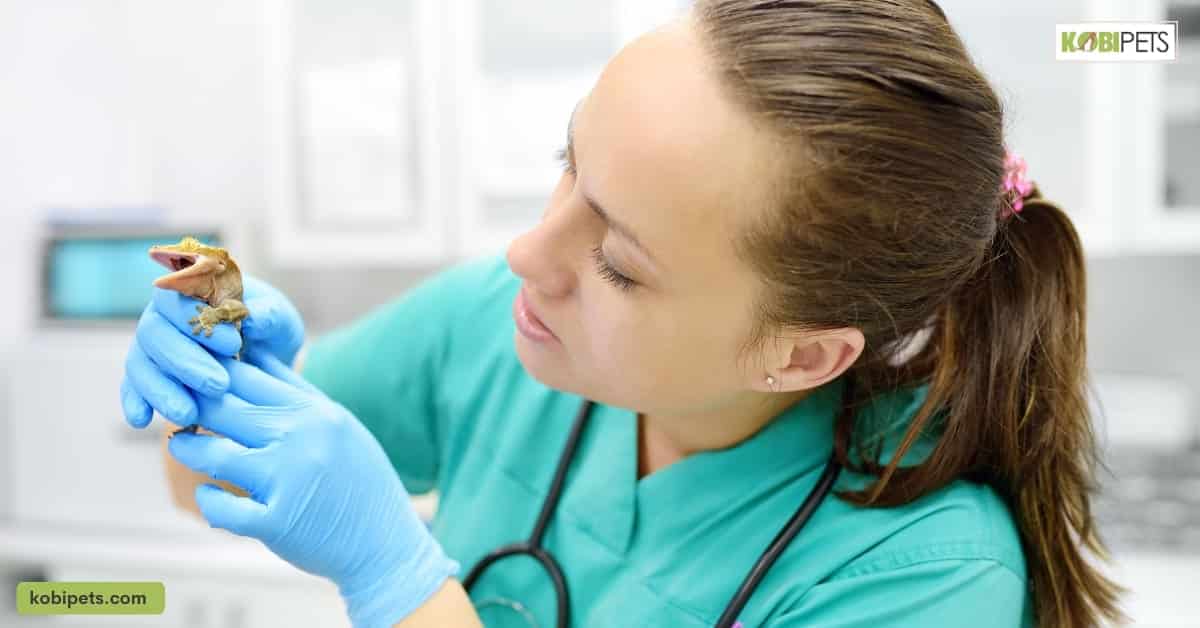
Vaccinations
The cost of vaccinations when owning an exotic pet can vary depending on the species of the pet, the location of the veterinarian and the types of vaccinations required.
Here is a rough breakdown of some typical vaccination costs for exotic pets:
Avian: $30-$50 per vaccination
Reptile: $30-$50 per vaccination
Rodents: $30-$50 per vaccination
Amphibians: $30-$50 per vaccination
Fish: $30-$50 per vaccination
Small mammals: $30-$50 per vaccination
It’s important to note that some exotic pets may not require vaccinations, and not all exotic pets are suitable for vaccination. It’s always best to consult with a veterinarian who specializes in exotic pet medicine to determine the appropriate vaccinations for your pet.
It’s also important to note that the cost of vaccinations may be higher for exotic pets than for traditional domestic pets due to the need for specialized equipment and knowledge.
Additionally, owning an exotic pet may require more frequent vaccinations than a traditional domestic pet. Therefore, it’s crucial to consider the cost of vaccinations before getting an exotic pet and to have a budget set aside for this expense.

Additional Treatments and Medications
The cost of additional treatments and medications when owning an exotic pet can vary depending on the species of the pet, the location of the veterinarian and the types of treatments and medications required.
Here is a rough breakdown of some typical treatment and medication costs for exotic pets:
Parasite prevention and treatment: $20-$50 per treatment
Specialized diets: $10-$50 per month
Supplements: $10-$50 per month
Dental care: $50-$200
Behavioral modification: $50-$200 per session
Enrichment items: $5-$20
Medications: $20-$100 per month
It’s important to note that these costs can vary widely depending on the specific needs of the pet, and the cost of additional treatments and medications for exotic pets may be higher than for traditional domestic pets due to the need for specialized equipment and knowledge.
Additionally, owning an exotic pet may require more frequent treatments and medications than a traditional domestic pet. Therefore, it’s crucial to consider the cost of additional treatments and medications before getting an exotic pet and to have a budget set aside for this expense.
It’s also important to note that some exotics pets may have specific needs that are not common in traditional pets, like UVB lights for reptiles, heat lamps for some mammals, or specific diets for certain species.
Therefore, it’s always best to consult with a veterinarian who specializes in exotic pet medicine before getting an exotic pet to ensure you are prepared for all the additional costs associated with owning one.
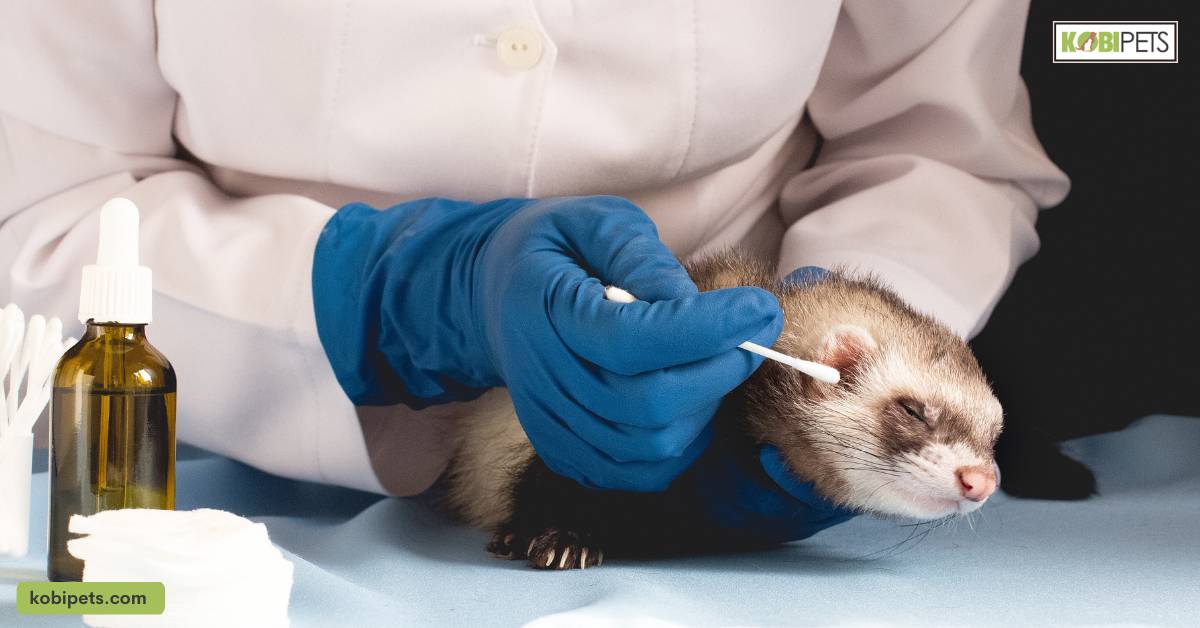
Feeding
Specialized Diet Requirements
When it comes to feeding companion animals, specialized diets may be necessary for a variety of reasons, such as health concerns like diabetes and allergies, age-related requirements, or even behavioral problems.
In such cases, carefully tailoring a diet plan to fit the individual needs of each animal is ideal. Depending on the situation and the animal’s specific requirements, this may mean changing food types and brands, varying caloric intake, or supplementing with additional vitamins and minerals.
Working closely with veterinarians can help ensure each pet gets the tailored diet they need in order to achieve optimal health and well-being.
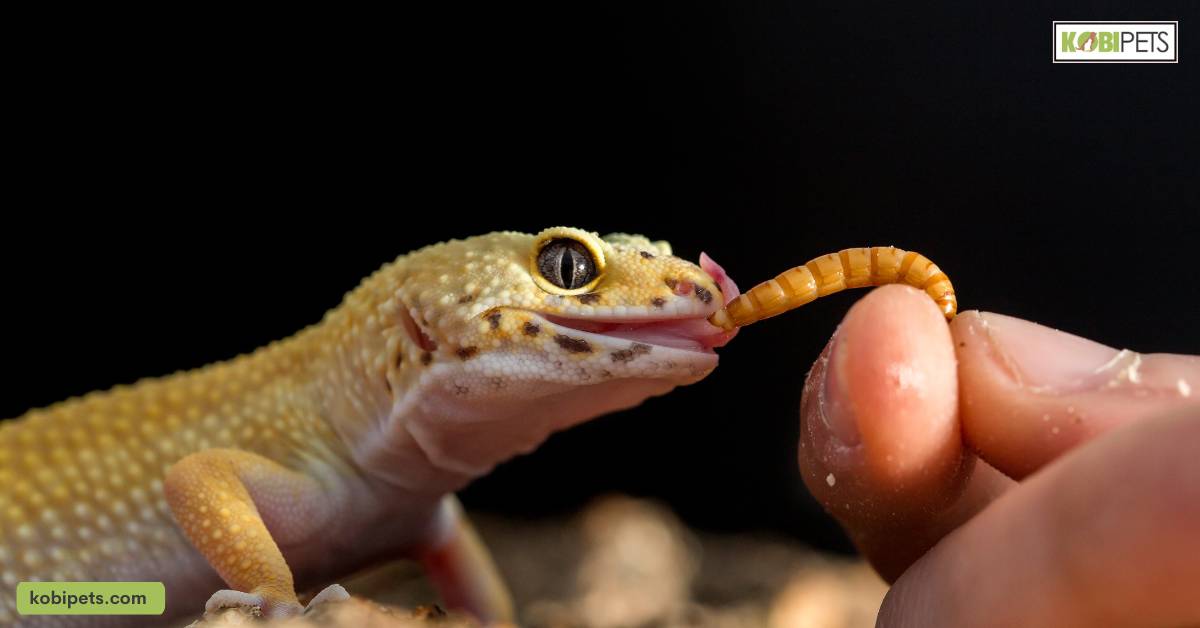
Types of Food Necessary and Cost per Meal
The type of food necessary and the cost per meal when owning an exotic pet can vary widely depending on the species of the pet. Here is a rough breakdown of some typical food costs for some common exotic pets:
Birds: $1-$10 per pound of seed or pellet
Reptiles: $1-$10 per mouse or cricket
Rodents: $1-$10 per bag of food
Amphibians: $1-$10 per container of worms or crickets
Fish: $1-$10 per bag of pellets or flakes
Small mammals: $1-$10 per bag of food
It’s important to note that some exotic pets have specific dietary needs that can make their food more expensive. For example, parrots may require a specialized diet of fruits, vegetables, and nuts in addition to seeds or pellets.
Some reptiles may require live food, like mice or crickets, which can become more expensive over time. Additionally, owning an exotic pet may require more frequent feeding than a traditional domestic pet.
Therefore, it’s crucial to consider the cost of food before getting an exotic pet and to have a budget set aside for this expense.
Time Commitment
Training and Socialization
Owning an exotic animal is a big responsibility and requires plenty of knowledge and research before taking on such an endeavor. Training and socialization are key components to establishing a healthy relationship between pet and owner.
Exotic animals have their own unique needs that must be met in order for them to thrive as a beloved member of the family.
Training your exotic pet helps them learn how to recognize certain behaviors or commands so you can safely manage them, while socializing helps ensure they have positive experiences going into new situations, interacting with various people, and living harmoniously with other animals in your home.
The cost associated with owning any pet is an important consideration, but in the long run, investing time and resources in properly training and socializing your exotic pet will pay off in creating a wonderful lifelong bond between you.
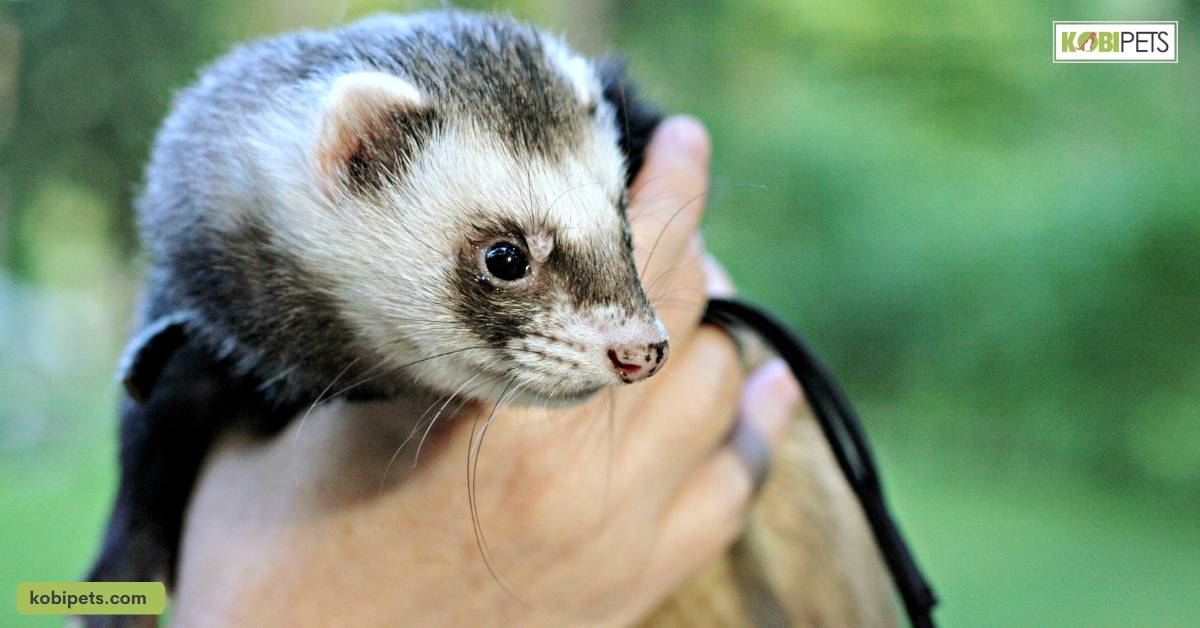
Exercise and Mental Stimulation
Owning an exotic pet such as a reptile or amphibian can be extremely rewarding and entertaining, however, there are several non-economic factors to consider before taking on this kind of responsibility.
In addition to the typical cost associated with food and vet visits, owners of exotic pets must make sure their pet is getting enough physical and mental stimulation. This means providing ample opportunity for exercise and enrichment activities that fulfill the animal’s natural instinctual behaviors.
Ultimately, time and effort must be put in to ensure that your pet is not only physically healthy but also mentally stimulated. If you are up for the challenge, owning an exotic pet can bring companionship, entertainment, and joy.
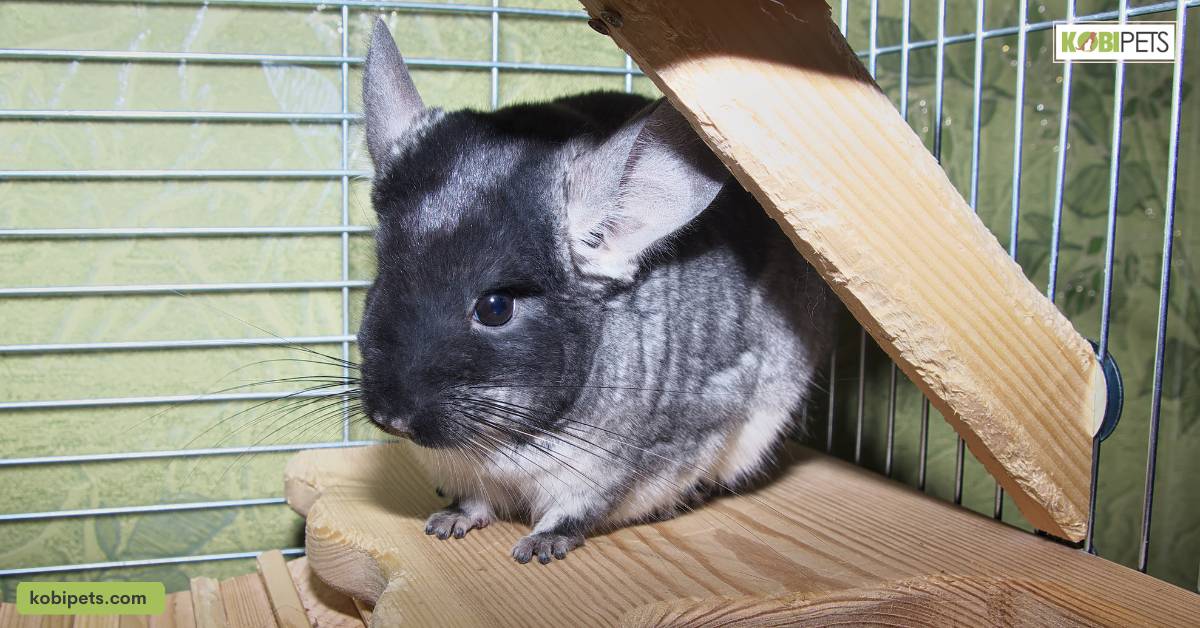
Local Laws Regarding Exotic Pets
Owning exotic pets is becoming increasingly popular, and as such, it is important for future pet owners to familiarize themselves with the laws in their local community regarding these animals.
While some communities have restrictions on what types of exotic pets can be legally purchased and kept as household companions, other locales allow a wider selection of animals. Knowing the rules in advance begins with researching the relevant information available from your local animal control department or wildlife conservation agency.
Be sure to learn whether you will need a permit that allows you to purchase, possess, and care for an exotic pet too. With these legal considerations in mind when owning an exotic pet, individuals are able to provide quality loving homes while remaining within the boundaries of the law.
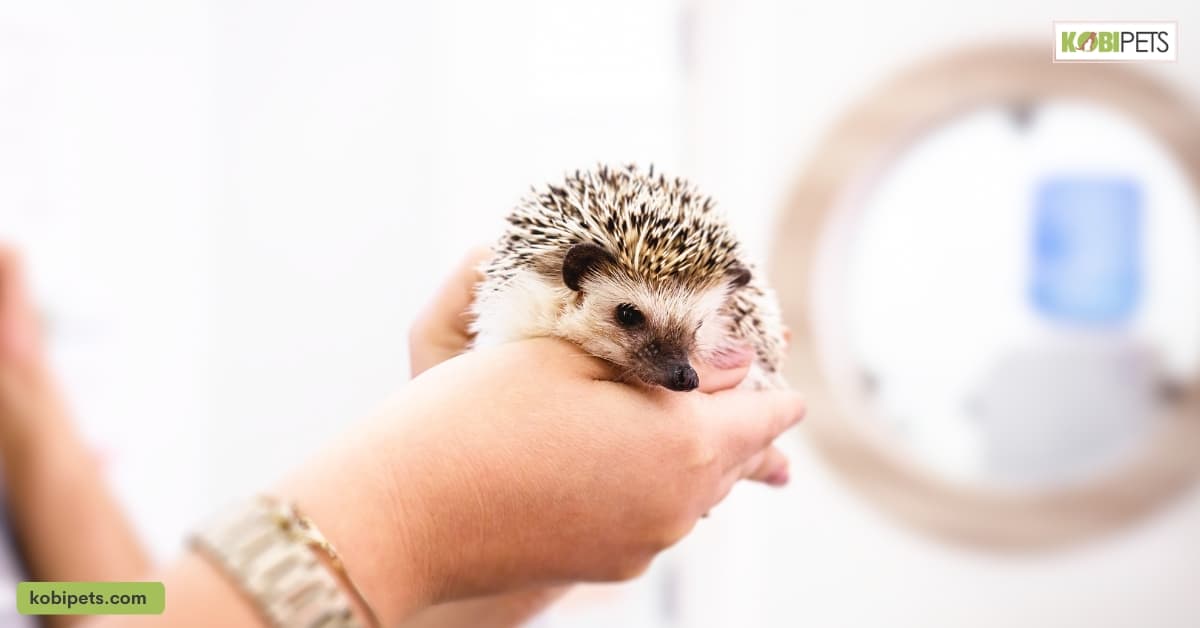
In Conclusion
If you’re looking for an exciting and rewarding pet ownership experience, look no further than exotic pets. Although there are some considerations to be made – such as cost, veterinary care, feeding requirements, time commitment, and legal restrictions – owning an exotic pet can bring joy, companionship, and entertainment.
With plenty of research and preparation beforehand, anyone can become a responsible pet owner and give their exotic pet the best possible care.
